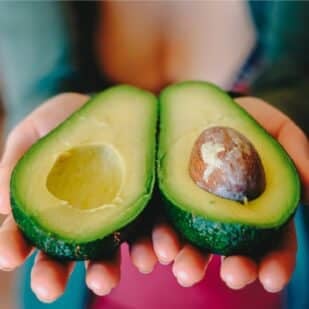Jupiter, the fifth planet from the Sun and the largest in our solar system, has fascinated astronomers and the public alike for centuries. Its massive storms, powerful magnetic field, and beautiful bands of clouds stir the imagination. But what would happen if a human attempted the impossible – to stand on Jupiter?
The Composition of Jupiter
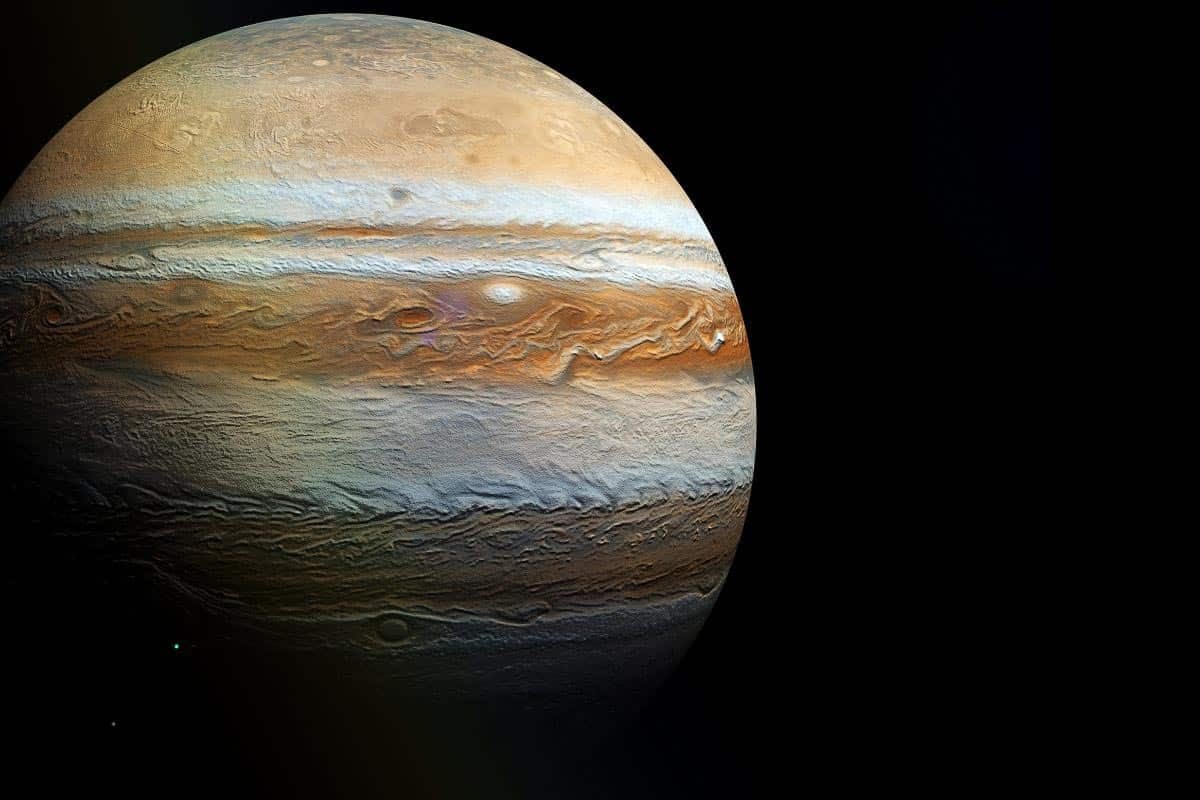
Firstly, it’s essential to understand that Jupiter is a gas giant, which means it does not have a solid surface like Earth. Its atmosphere is composed primarily of hydrogen and helium, with traces of water, methane, ammonia, and rock forming a core that is shrouded in mystery. This composition presents the first of many challenges for our hypothetical scenario.
The Approach: Entering Jupiter’s Atmosphere
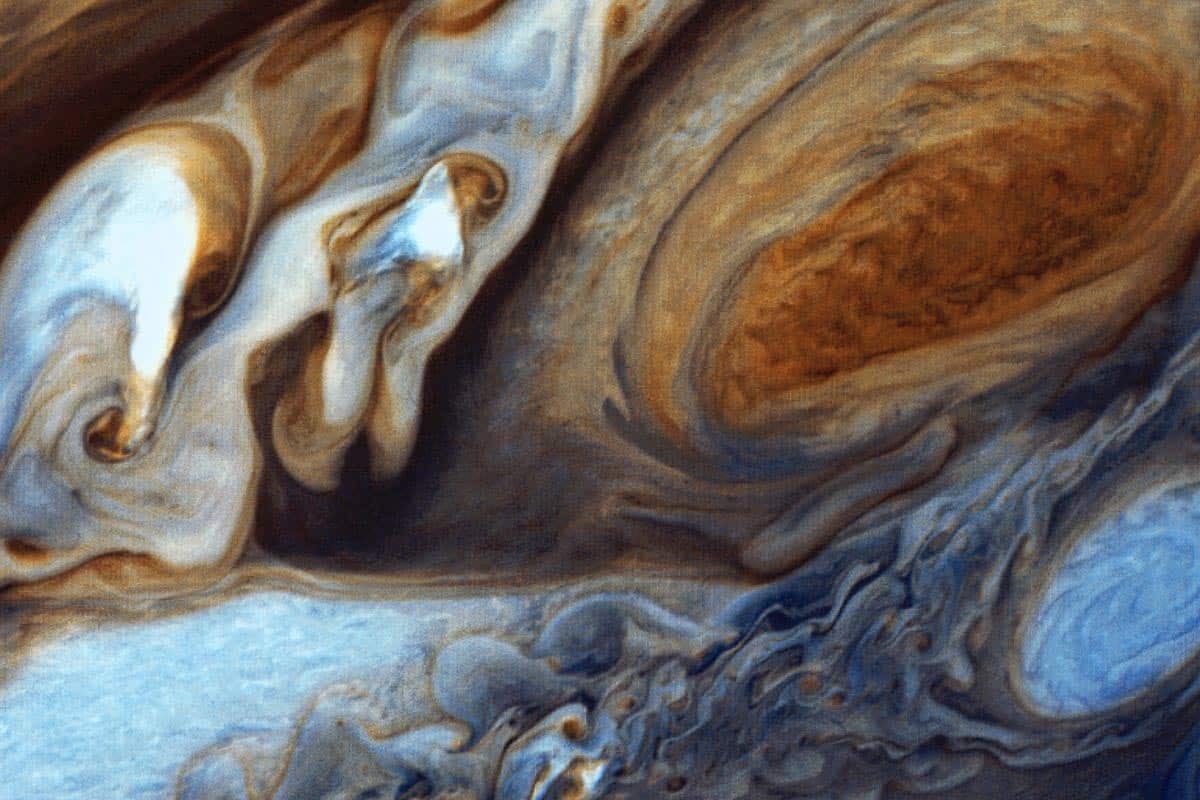
As one descends into Jupiter’s atmosphere, the first thing to notice would be the increasing brightness of the planet’s reflected sunlight. The thick clouds, high radiation levels, and the absence of a clear surface would immediately signal that this is a world unlike any other.
Atmospheric Pressure
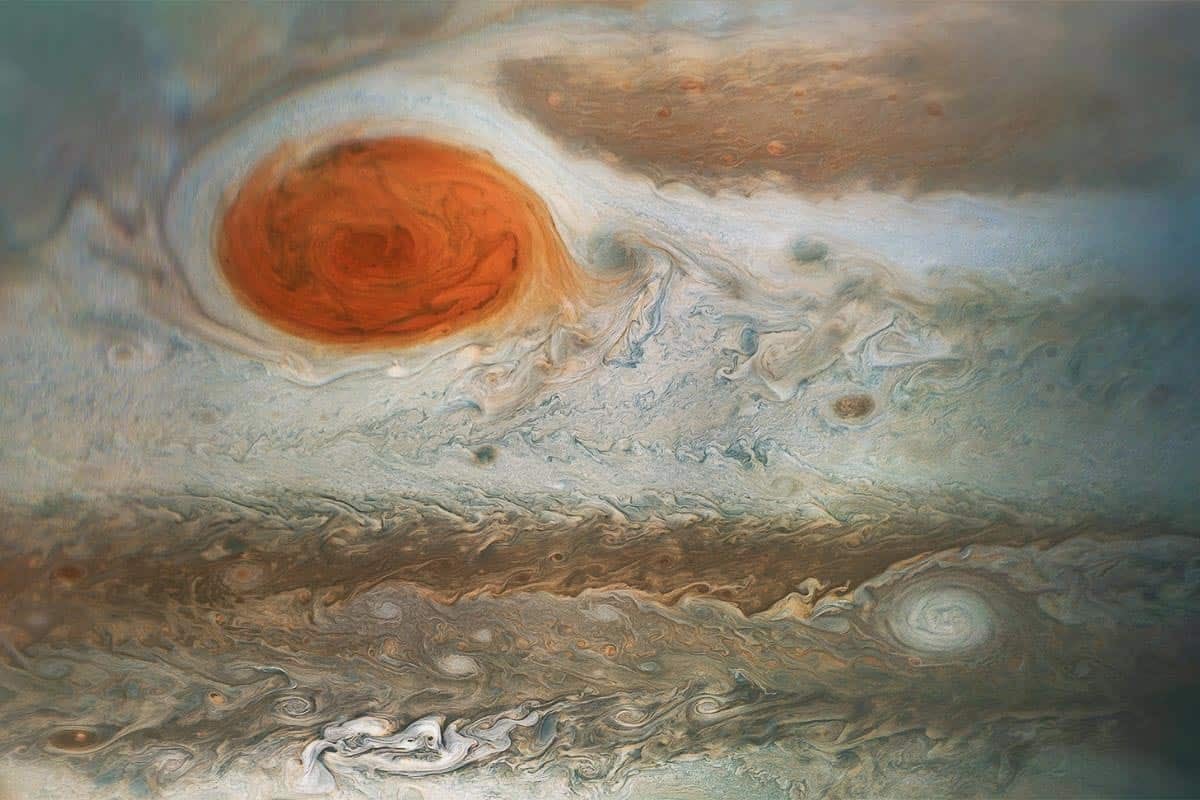
Upon what would be considered the ‘surface’ of Jupiter, the atmospheric pressure is over 1000 times greater than that on Earth. This intense pressure would crush any known materials from Earth, making it impossible to maintain a human shape, let alone stand.
Lethal Gravity
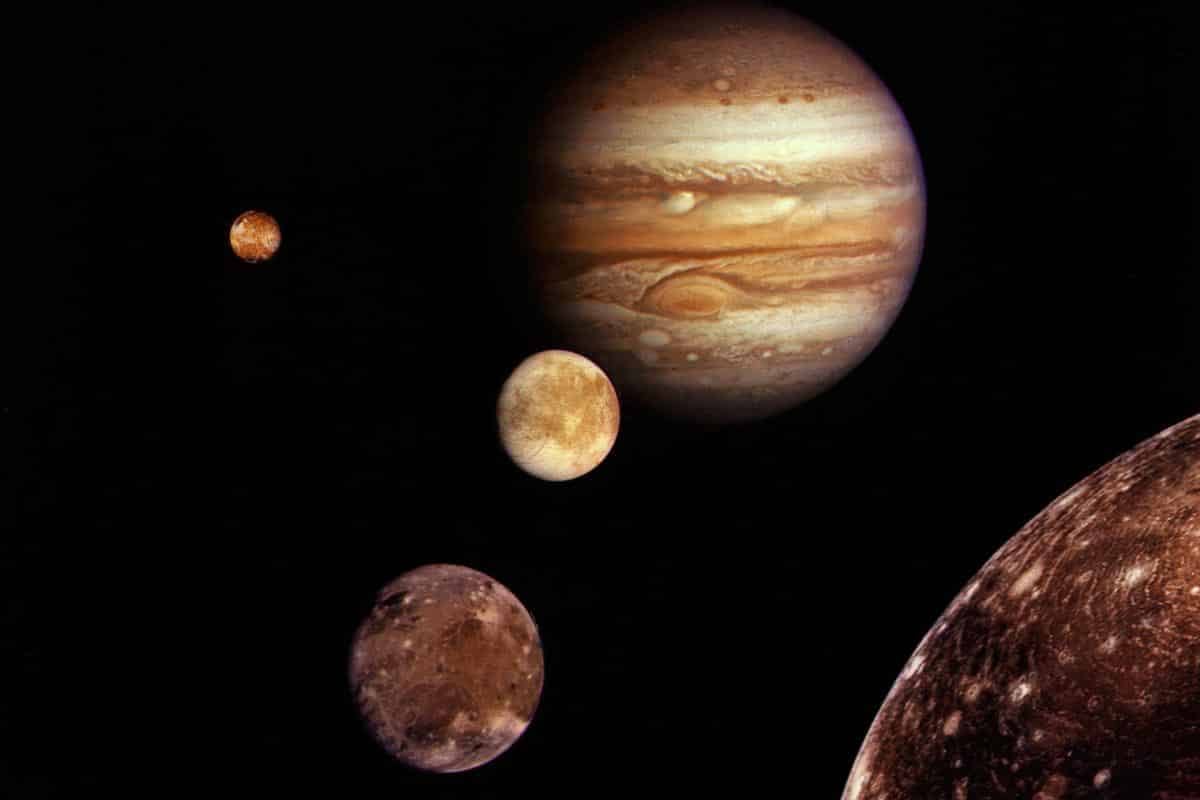
Additionally, Jupiter’s gravity is 2.4 times that of Earth’s, which would make movement extraordinarily difficult and would likely be lethal to a human body.
Extreme Temperatures
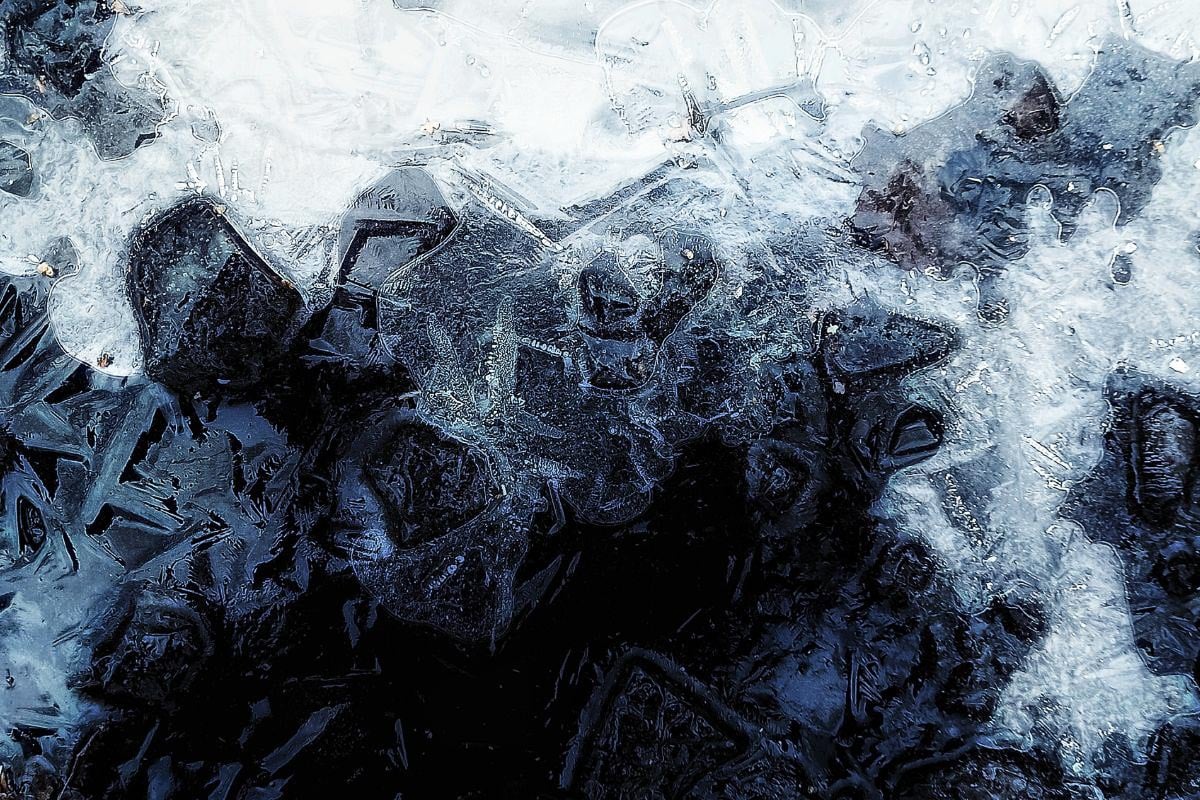
The temperature in the upper atmosphere of Jupiter is quite cold, approximately -145 degrees Celsius (-234 degrees Fahrenheit). However, as one would descend, the temperature would rise rapidly, reaching thousands of degrees – far beyond what any human-made materials can withstand.
Ferocious Winds
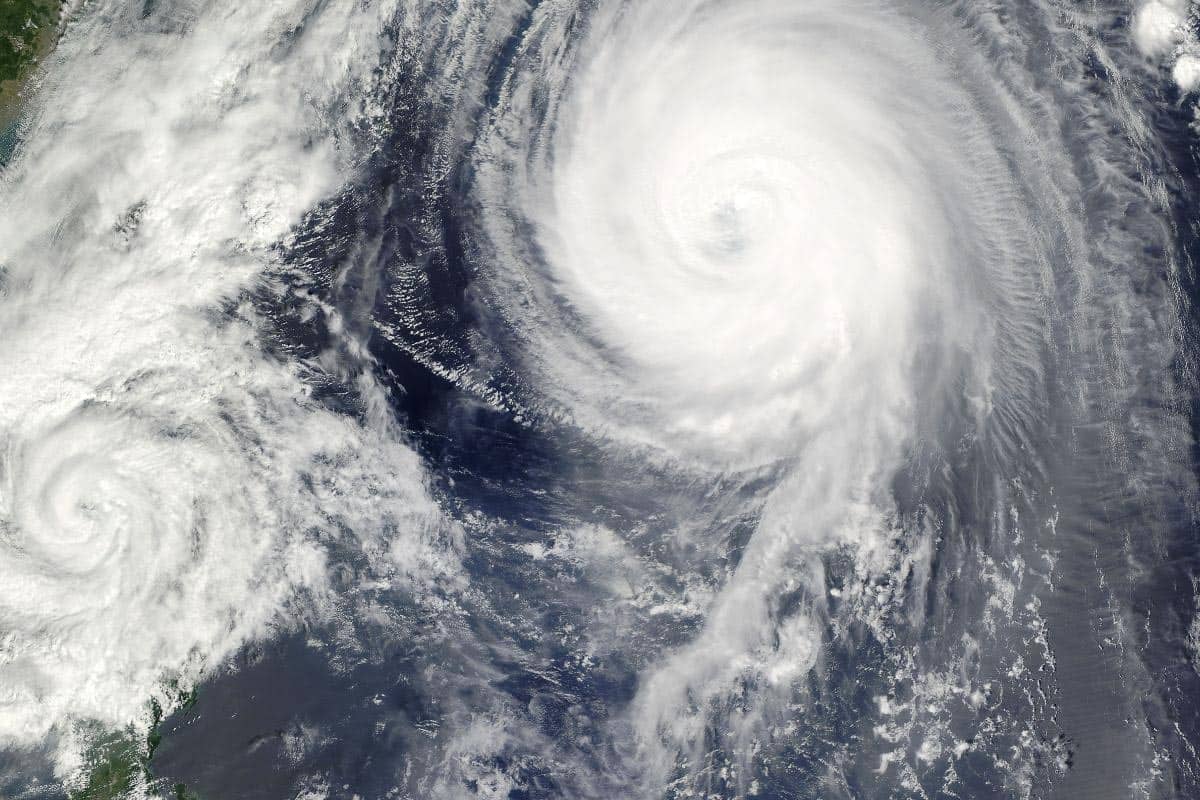
Moreover, Jupiter’s winds are ferocious, reaching speeds of up to 620 kilometers per hour (385 miles per hour), which would buffet any object trying to maintain a position.
Radiation Levels
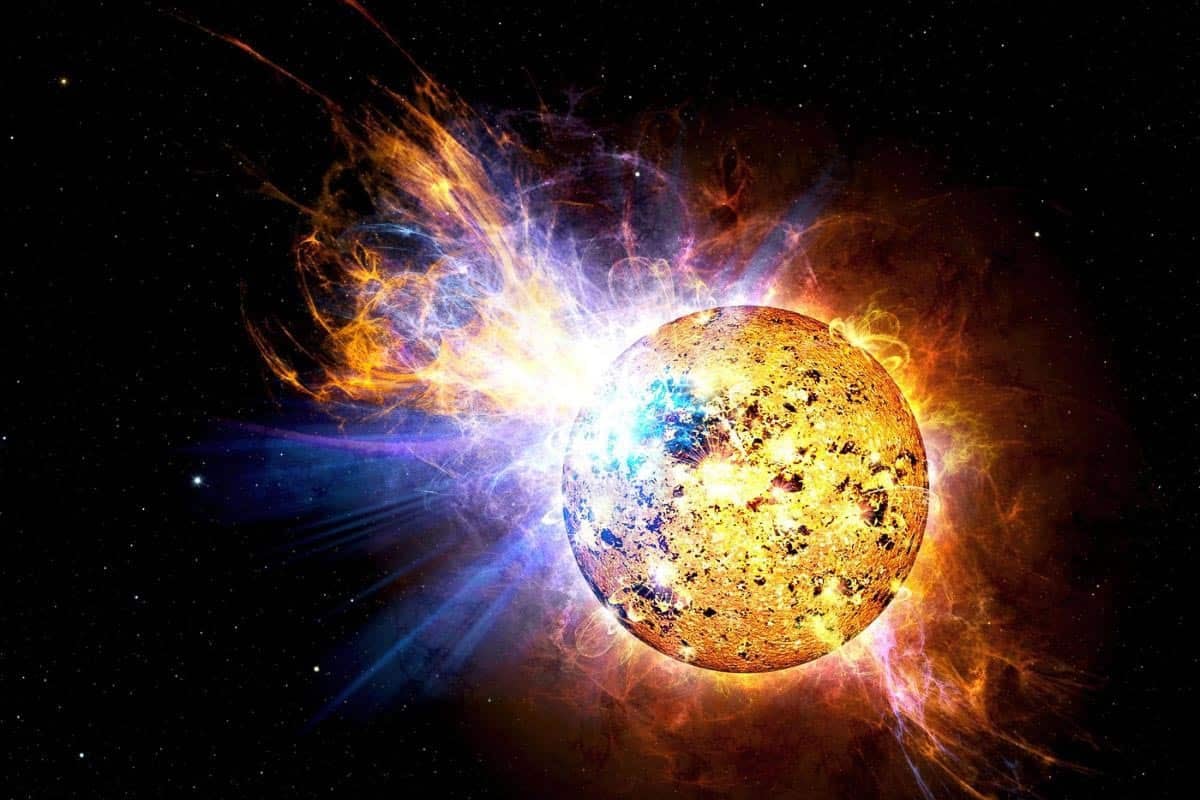
Jupiter’s magnetic field is the strongest of any planet in our solar system, trapping particles that create a severe radiation environment. This radiation would be instantly fatal to a human being, with levels tens of thousands of times greater than what we experience on Earth.
The Hypothetical Scenario: Standing on Jupiter
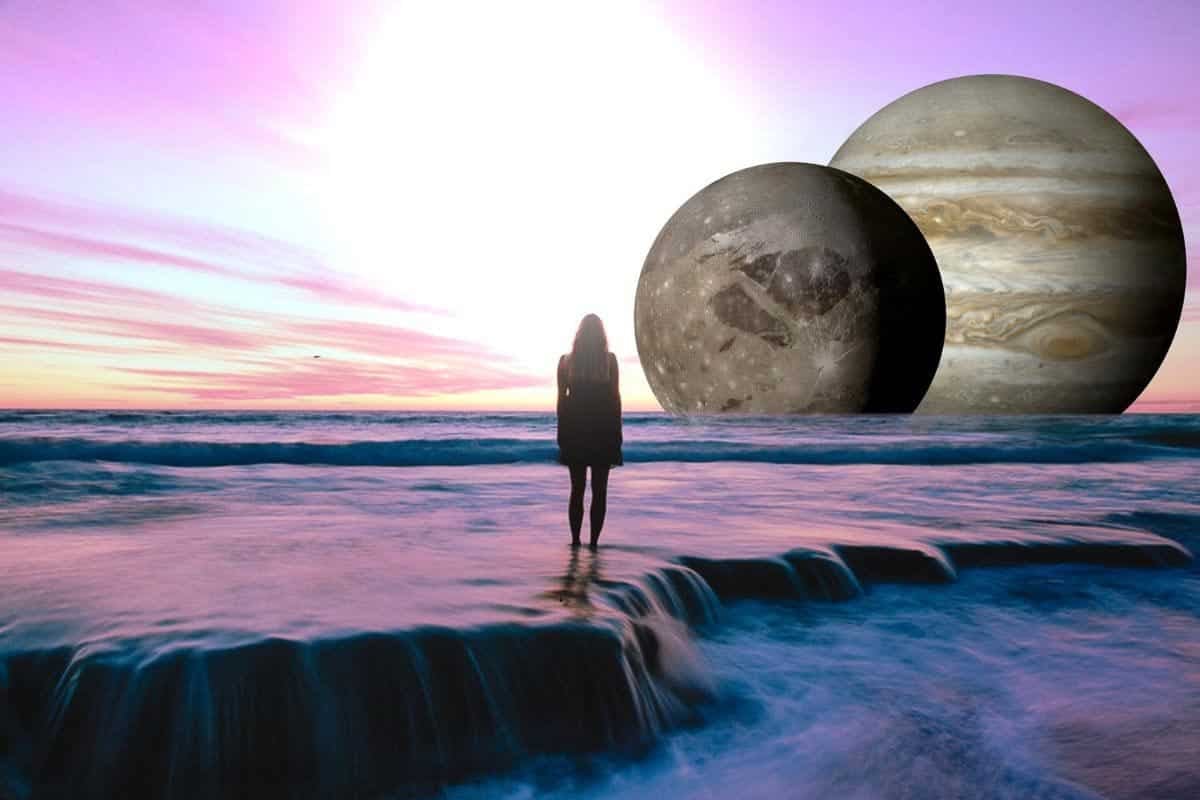
If we were to imagine a scenario where a human could withstand the pressures, temperatures, and radiation, the experience would still be far from ‘standing’ on a planet. Without a solid surface, one would sink into the planet’s dense atmosphere and be pulled towards the core while being subjected to extreme heat and crushing pressures.
The Core: A Descent into Darkness
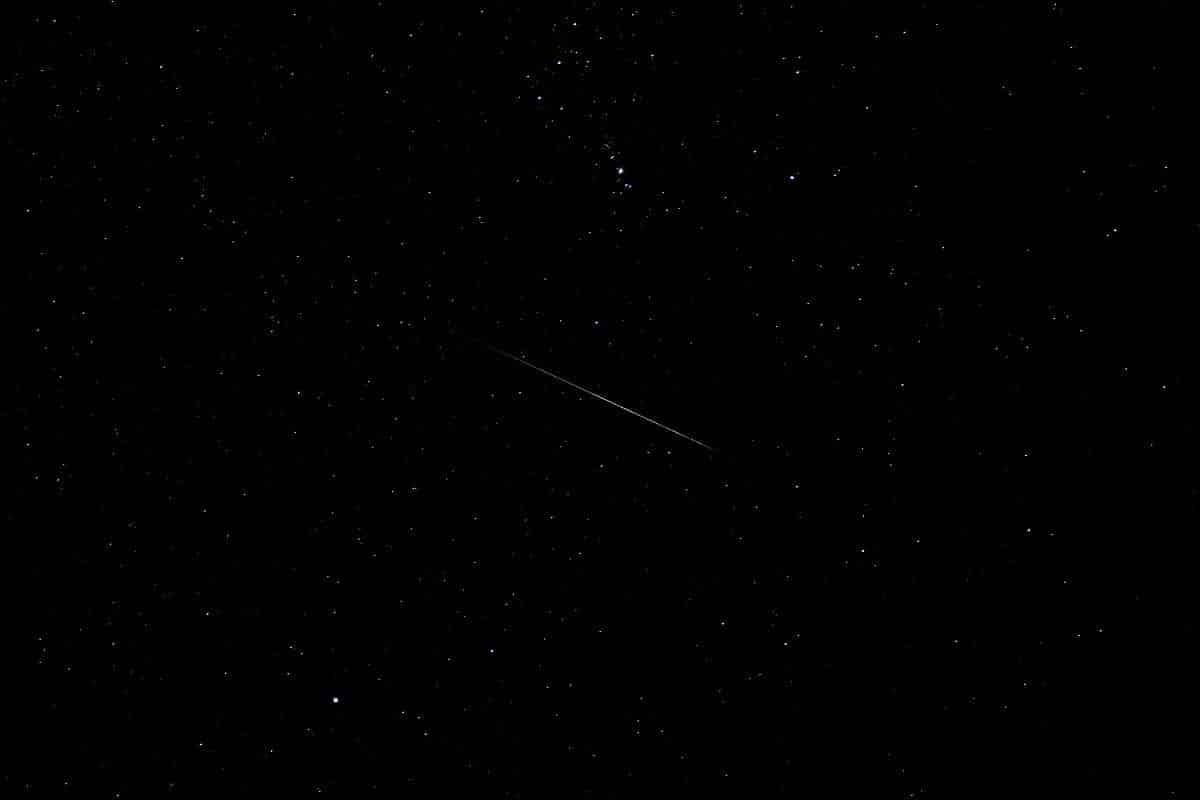
If somehow one were to descend further, they would reach what is believed to be a core of rock and ice. However, this core is not a solid surface one could stand on; it’s a hot, dense mixture of materials under unimaginable pressure, surrounded by metallic hydrogen that extends outward to make up most of the planet’s mass.
The Impossibility of Standing on Jupiter
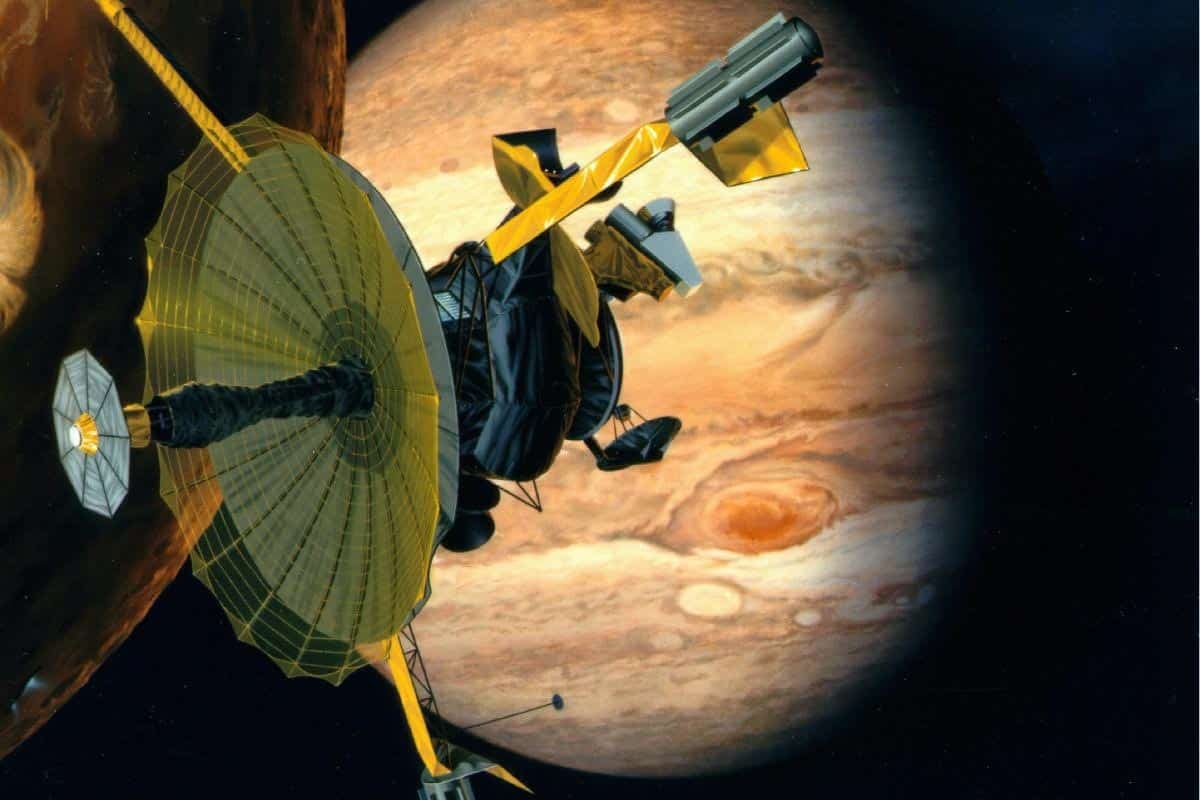
In conclusion, standing on Jupiter is an impossibility with our current understanding of physics and human limitations. The planet’s hostile environment makes it uninhabitable and unapproachable in terms of human exploration. It remains a place that can only be observed from afar and studied through the lens of spacecraft and telescopes.
The Allure of Jupiter: A Scientific Treasure Trove
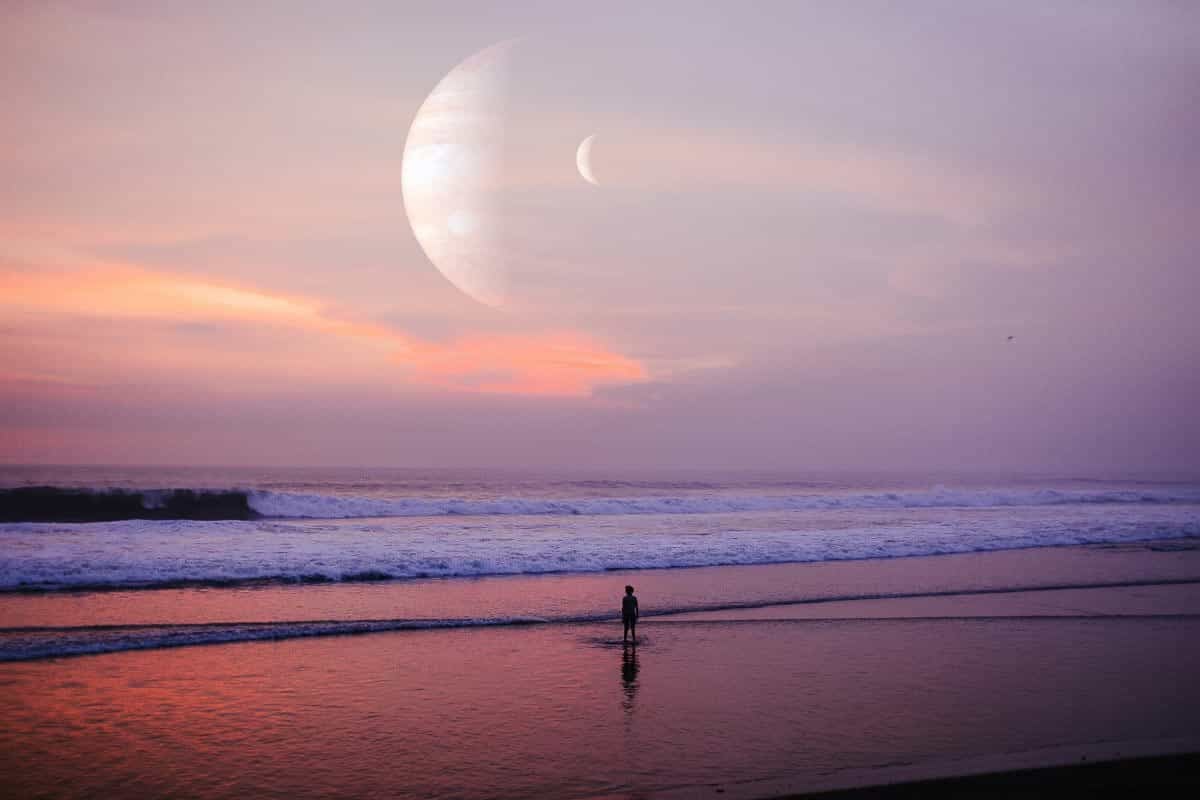
Despite the impossibility of standing on Jupiter, the planet remains a scientific treasure trove. Its vast atmosphere, complex weather systems, and the mysteries of its core provide endless opportunities for discovery. Studying Jupiter and its moons can offer insights into the formation of our solar system and the conditions that might exist on distant, exoplanetary systems.
The Stuff Of Science Fiction Dreams
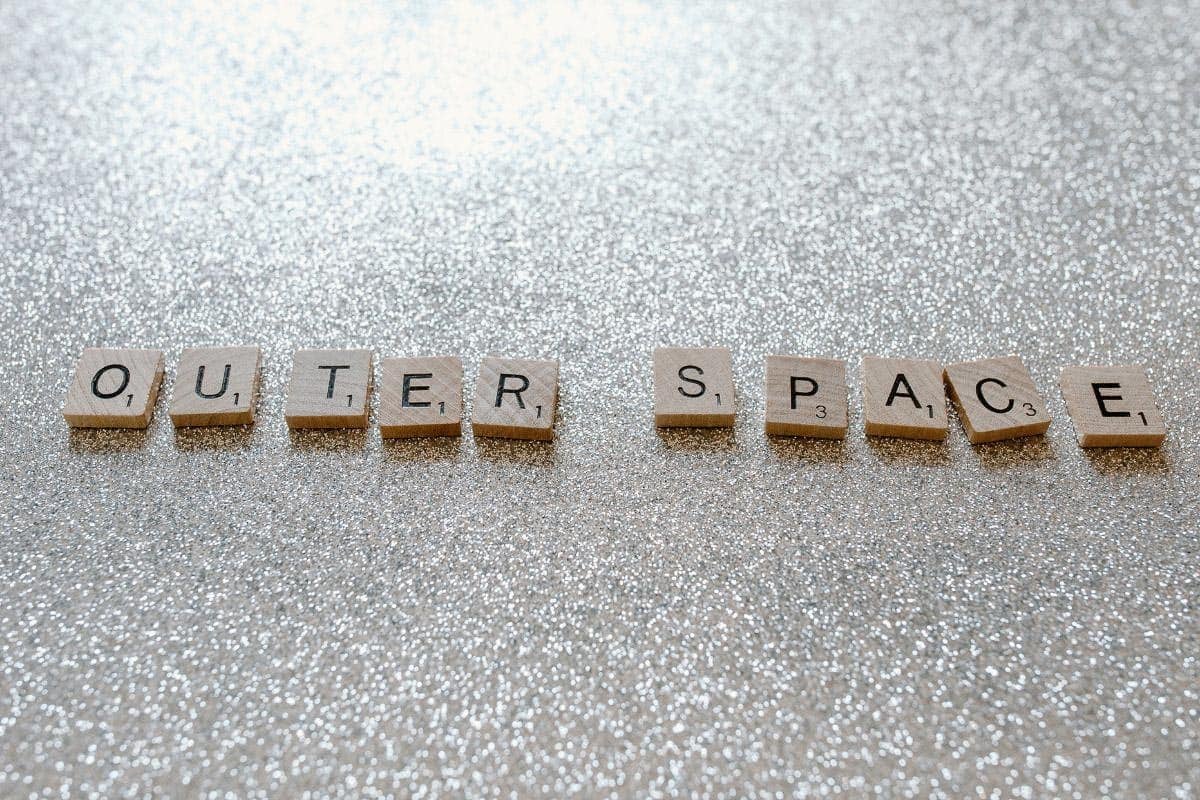
In the realm of science fiction, the idea of standing on Jupiter can ignite the imagination and inspire stories of space exploration and adventure. In the realm of science, it prompts us to push the boundaries of our knowledge and technology, seeking to understand the giants of our solar system.
14 Of The Craziest Hacks People Use Mayonnaise For – Even In The Bedroom!

After you click through this slide show you will never look at a jar of mayo the same way again. Trust us. Click for 14 Of The Craziest Hacks People Use Mayonnaise For – Even In The Bedroom!
Take Back Control: How to Identify and Tackle Medical Gaslighting

What is medical gaslighting? Medical gaslighting refers to a situation in which healthcare providers dismiss or diminish the symptoms that an individual is experiencing, attempting to persuade them that the symptoms are attributed to an alternative cause or are mere figments of their imagination. Medical gaslighting can leave you questioning your own experience. And at worse can lead to undiagnosed serious illness.
Learn the signs and the ways in which you can take back control if this happens to you. Read: Take Back Control: How to Identify and Tackle Medical Gaslighting
Don’t Fall For These 17 Foods That Pretend To Be Healthy

Have you heard the term “Dr. Google”? That’s when you turn to search engines and the Internet to provide health and medical information – and unless you know how to vet sources, it is a mine field of faulty information. Here are 17 foods that you might have heard are “healthy”, but we have the whole story. PS: the moment a food becomes a trend, research carefully. We’re looking at you bulletproof coffee!
Click for Don’t Fall For These 17 Foods That Pretend To Be Healthy

